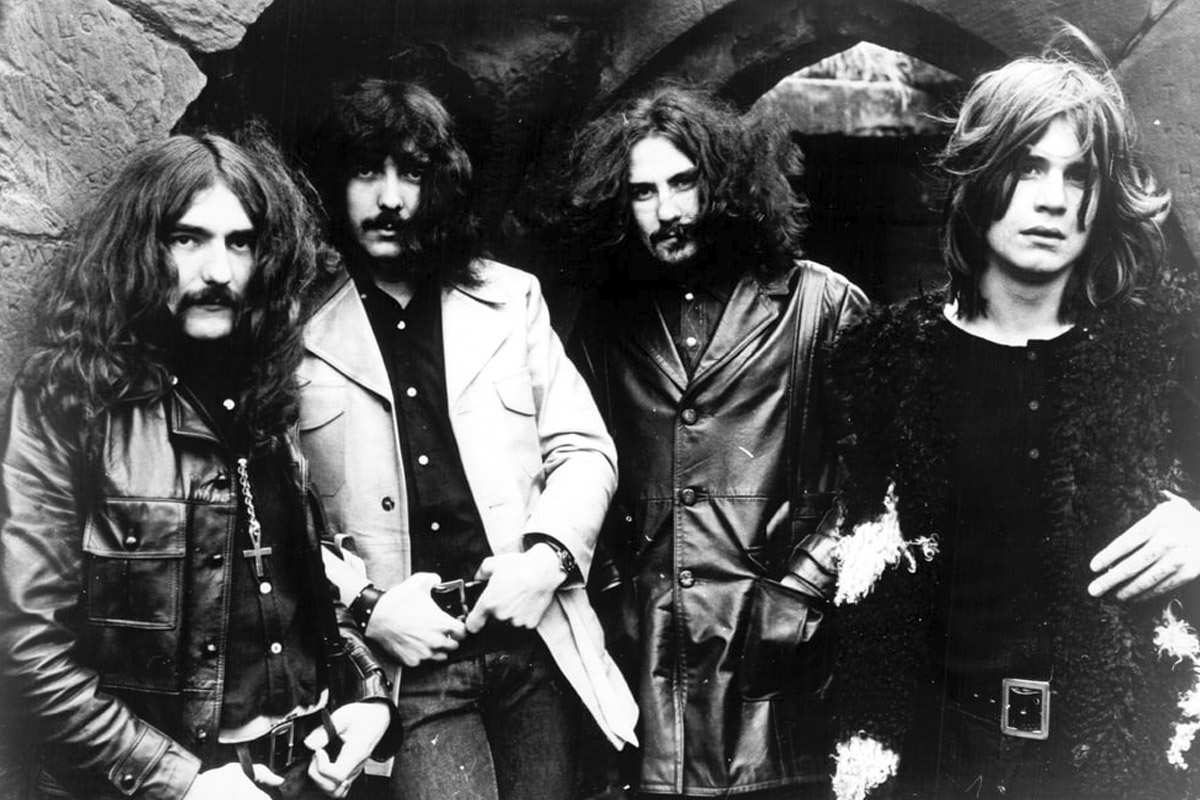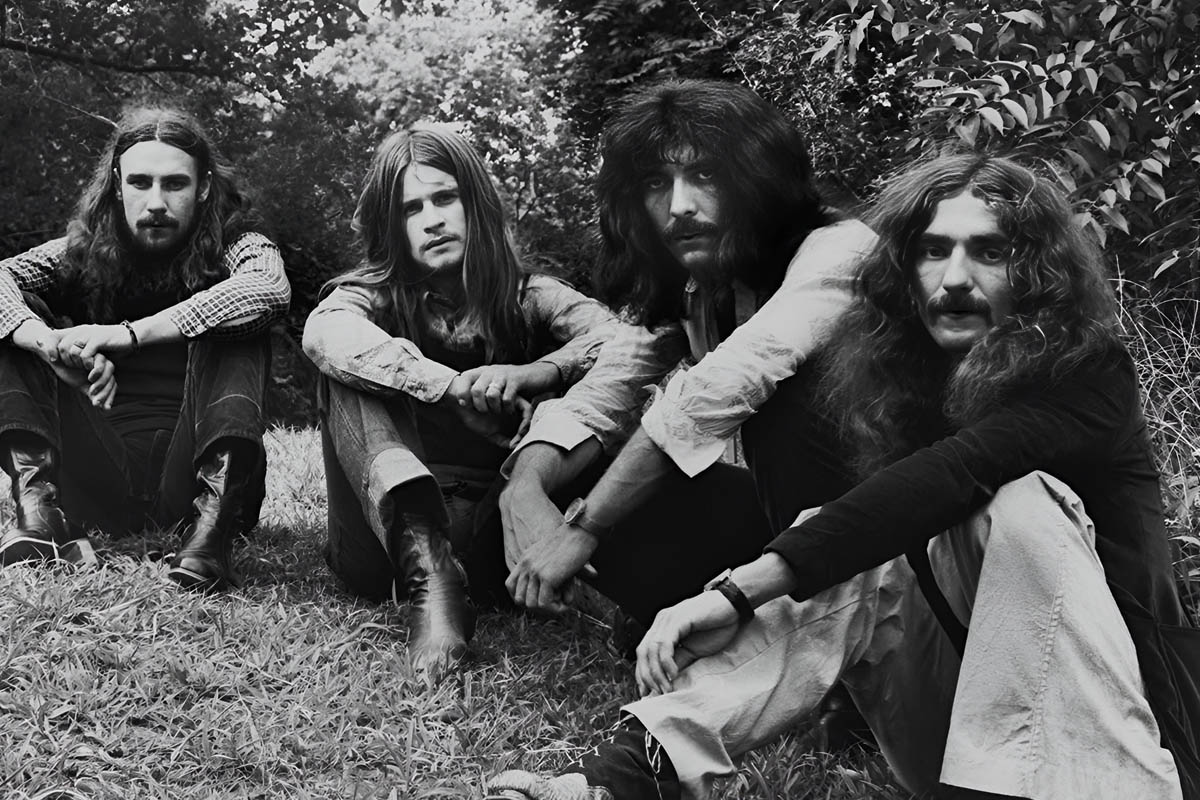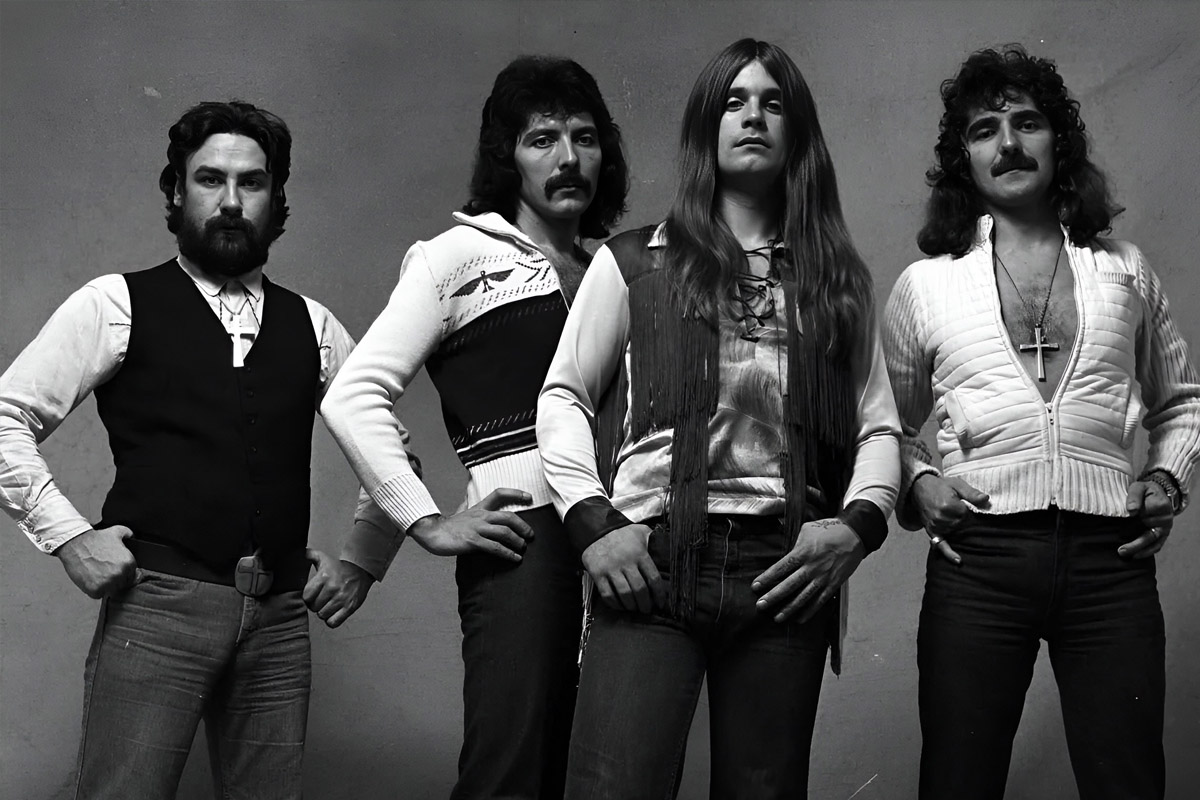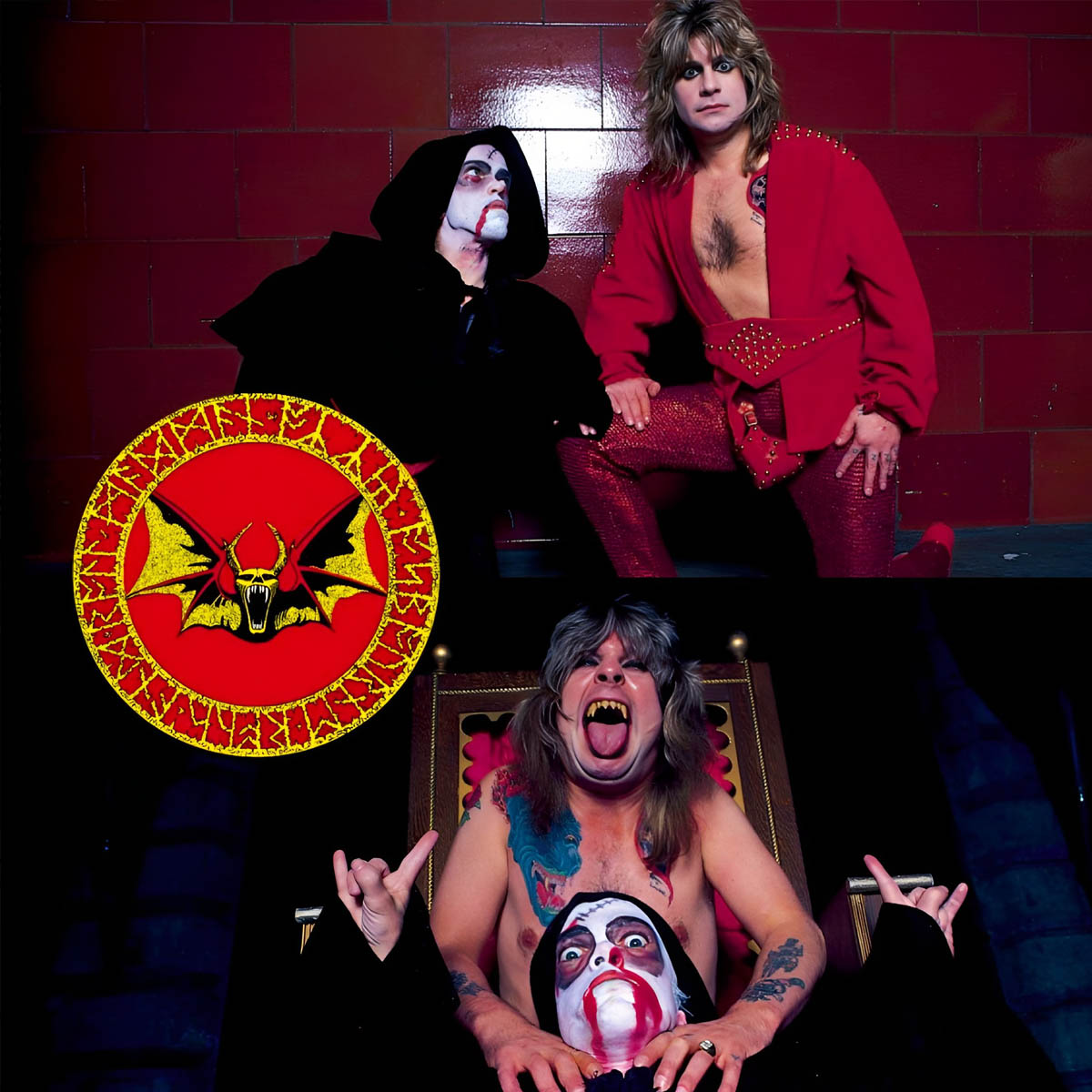The band Black Sabbath: history of creation, early successes, conflicts, breakup of the original line-up
Содержание
At the end of the 1960s, rock music became dominant in all popular culture. Its versatility allowed to open more and more new opportunities for musicians, expand the boundaries of the genre and create new sub-genres. One of them was hard rock with energetic heavy riffs and a strong rhythm section.
The one that stood out from the hard rock heavy metalIt is a genre that is still relevant and popular in wide circles. In this connection, of course, it is impossible not to mention the pioneers of this style, who significantly influenced the next generations of musicians. We are talking about the Brits from Black Sabbathwho were able to take rock to a new level.
It's one step from hate to a co-operative group
In 1968, the guitarist Tony Iommi and drummer Bill Ward, who had played in the band Mythology, decided to form a new band, which they planned to lead in the style of heavy blues. They found an advert in a Birmingham music shop that said Ozzy Osbourne and Geezer Butler, members of Rare Breed, were looking for work. The line-up was assembled, all that was left was to start writing music.

Ozzy and Tony went to the same school, but there they were initially unfriendly to each other. Ozzy was crazy weirdoand Tony's a meticulous man with strong character. Finding common ground for the Brits still had to be done, as it was vital to the creation of the group.
"I always said, no matter what Tony Iommi and I went through with each other on a personal level, musically he was brilliant. There's not a guy in the world who could come up with riffs like he did," Ozzy said.
First major successes
Already from the first recordings. Black Sabbath started sticking to "dark" music and the occult. The debut track, which supports the band's name, is similar to the "the devil in the music". The guitar chords played by Iommi created complete musical dissonance. The British realised that such "scary music" could appeal to young people.

Tony Iommi: "I must confess that in the very early days we were in contact with the head of the English devil worshippers. He even tried to get us to speak at their meeting! It was curious, of course, but we weren't seriously into anything like that...".
At first, Black Sabbath played in blues clubs. They were even invited to the Star-Club in Hamburg, where they started their careers The Beatles. A start was made, but all the record companies rejected the young musicians because the music was not to the liking of the rich breeders.
"One producer told us, 'Go away, learn how to play and learn how to write decent songs.' They were deliberately trying to make a pop band out of us. That's something I'll never forget," Geezer recalls.
It was only after a year of battles with labels that the band was finally able to officially release the record: Philips supported the musicians and the first single was the song "Evil Woman". Then a few weeks later, Philips' underground subsidiary label released a debut full-length album Black Sabbath with a rose-coloured witchy cover.
The album received high praise, had commercial successIn 1970, his innovative sound was not to everyone's liking, and many critics were sceptical of his innovative sound, which was later certified platinum on both sides of the Atlantic. debut record groups.
Internal strife
Conflicts between the Brits began in 1976 when the Black Sabbath have already made headlines around the world. The albums "Paranoid", "Master of Reality" and "Volume 4", "Sabbath Bloody Sabbath" and "Sabotage" were duly recognised wherever the guys from Aston went. However, the frequent release of records played a cruel joke on the musicians - their songs began to sound mainstream, in connection with which Tony Iommi began to suggest various options on how to diversify the band's sound.

Ozzy Osbourne, of course, in keeping with his tradition, stepped in with Tony. in contention. He strongly insisted that it was simply unacceptable to change the principles of heavy metal. But the majority won out: on the album. "Technical Ecstasy." there were keyboards and wind instruments. As a result. mixed reviews and the public reaction. Ozzy was not satisfied either, so, disappointed with the chosen path of the band, he decided to leave the job.
"I don't like the last Sabbath albums. So I was just working to get something out of our label, to make money - and of course, to put out a record," Ozzy said.
Unexpectedly, the vocalist quickly returned to his hometown band. However, the troubled recording of the album "Never Say Die!" has clearly shown that something change. Black Sabbath's 8th LP was not favoured by critics, who noted that it bore little resemblance to the heavy metal that the band had produced at the height of their career.
Allmusic: "The songs on Never Say Die! reflected the internal tension in the band and the constant conflicts between the members".
Ozzy becomes the Prince of Darkness and hires "Ronnie"
At some point, it became clear that Ozzy had run dry and could no longer be of any use to the band. Year Black Sabbath were preparing a new record, but the recording of the material was very slow. Osbourne was simply unable to come up with ideas, so Iommi told Ward to tell Ozzy about his dismissal.

The band has a new vocalist Ronnie James Diothat came from Rainbow. And that was to Black Sabbath's advantage. Musically, Ronnie was much more interesting than Ozzy, despite the latter's showmanship.

Ronnie's arrival gave us a whole new perspective on the very essence of the songwriting process," Iommi said.
Ozzy, on the other hand, started solo careerwhich was undoubtedly a success. In typical Osborne style, another of the singer's crazy hobbies emerged. He got into the idea of portraying a midget at his live shows. Ozzy hired an actor named John Edward Allenwho made his mark in Blade Runner, to accompany him on his "Diary of a Madman" and "Speak of the Devil" tours.

The most interesting thing about this story is that Ozzy was never able to put his past aside and forget how he was treated by Sabbath. He deliberately renamed Allen as... Ronnie! And he started impersonating Ronnie at concerts "hanging" a dwarf. It became obvious that such a joke was meant as a reference to and criticism of Ronnie James Dio, who had just replaced Ozzy in the hometown of . Black Sabbath.



